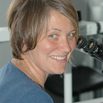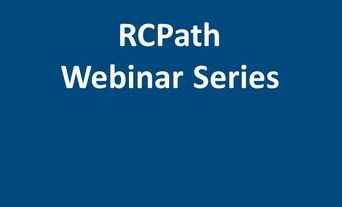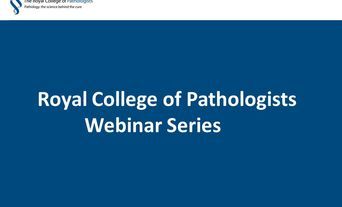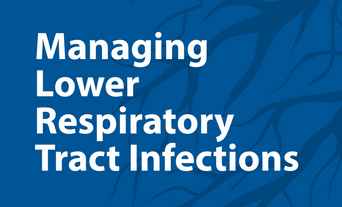Course Overview
The Royal College of Pathologists Veterinary pathology residency programmes comprise of three main disciplines anatomic, clinical and microbiology, with training most commonly undertaken in a University or commercial setting over a 3-4 year period. However, training formats vary considerably depending on the particular training Centre, but all residents are encouraged to follow the respective RCPath curricula. Therefore, in order to help residents make the most of their training opportunities and to build the RCPath veterinary pathology community, the RCPath has funded a 1 day school for all residents. The main aim of the day is to provide general revision updates on a number of important topic areas covered in the respective curriculums, together with providing guidance on the RCPath exam structure and how best to prepare for the part 1 and part 2 examinations. The programme will consist of a series of short lectures delivered by experts, covering anatomic, clinical and microbiology topic areas with several break-out sessions.
The RCPath Veterinary Pathology School is aimed at veterinary pathology (anatomic and clinical) and microbiology residents at any stage of their training. The emphasis of the programme is on the FRCPath programme, but those studying for ACVP and ECVP exams may also find the programme of interest.
Aims:
1. How to get the most out of your residency programme
2. Refresher lectures on main topic areas in the RCPath curriculums
3. Guidance on RCPath exam structure and recent changes/updates
4. Tips and guidance on preparing for the RCPath exams
5. How can the College best support your residency programme
6. Networking opportunity with peers and discipline experts
Learning objectives:
1. Better understanding of the RCPath examination process
2. Update on topical areas included in the respective curricula
3. Understand how the College can support veterinary pathology residents
THIS EVENT IS NOW CLOSED. Please contact Tanya Whyte for further information or registration enquiries at [email protected]

















